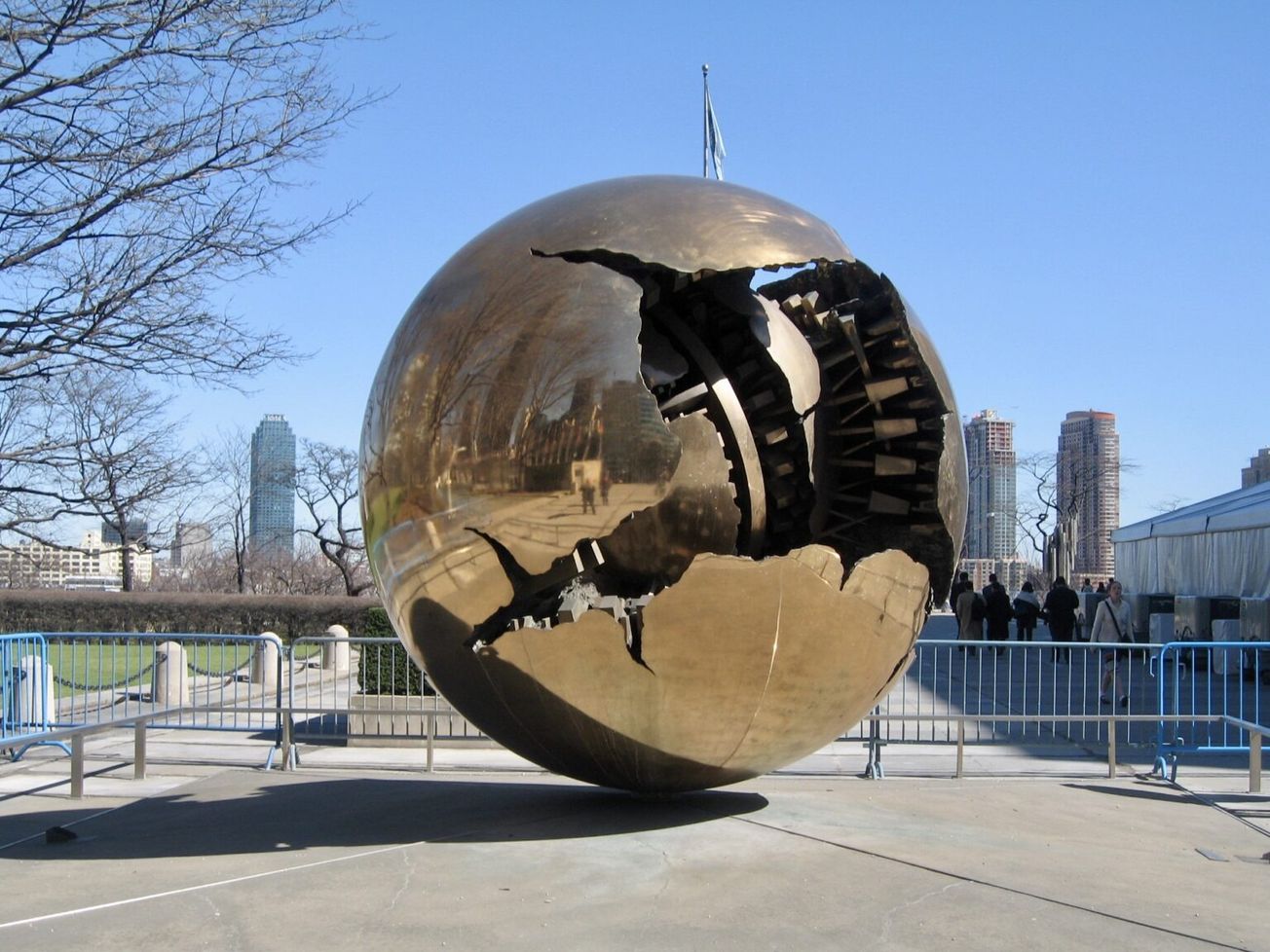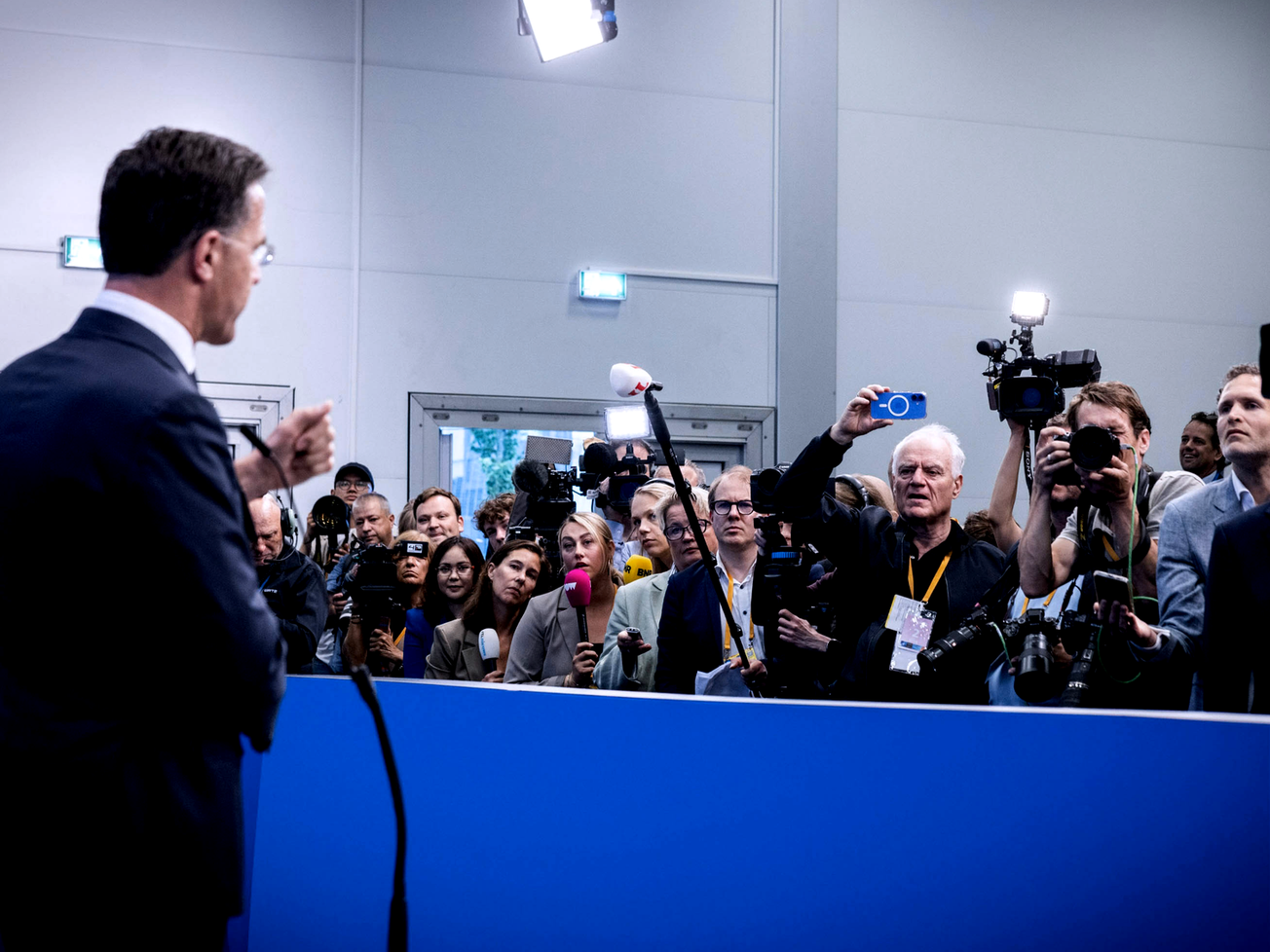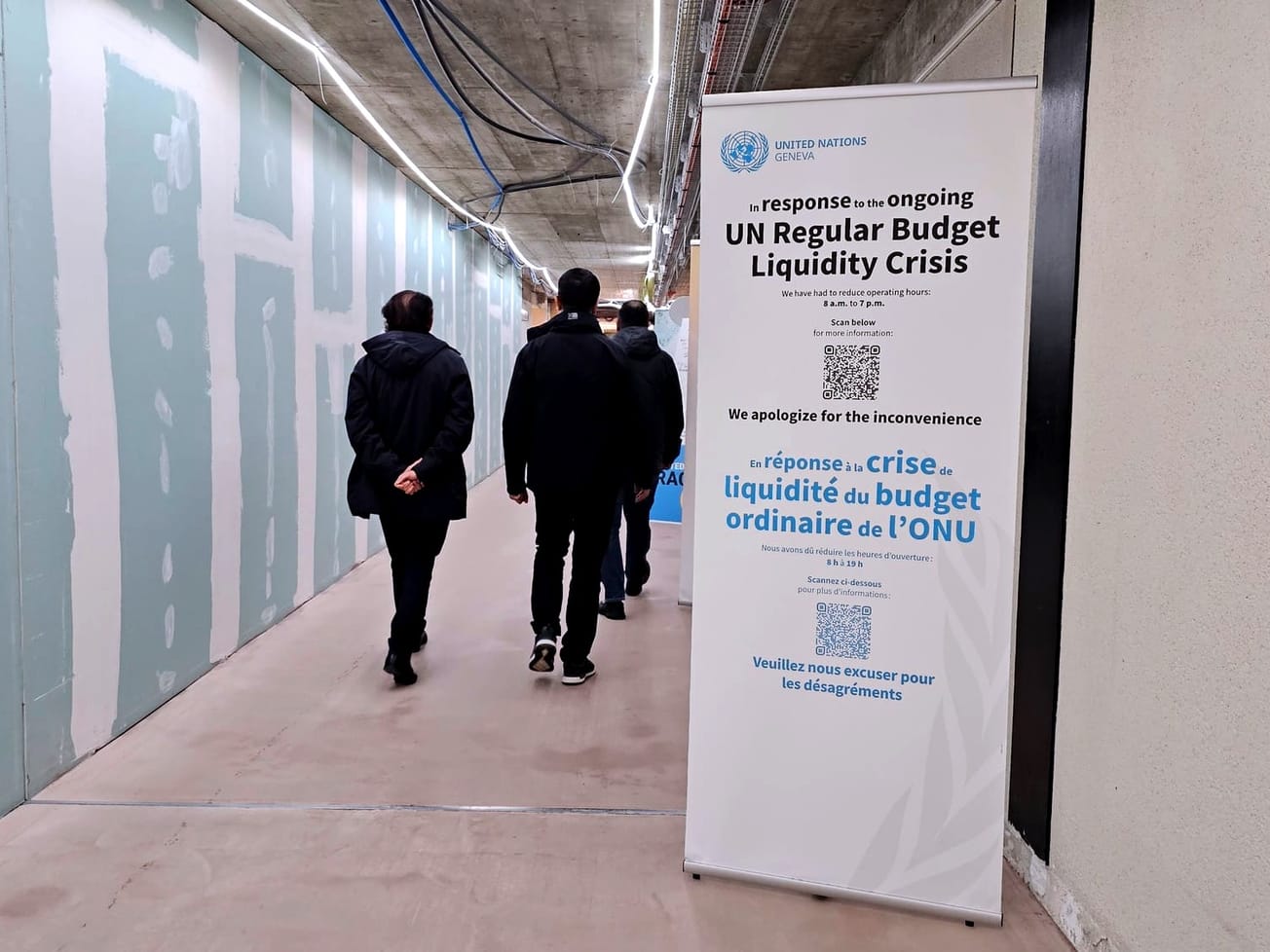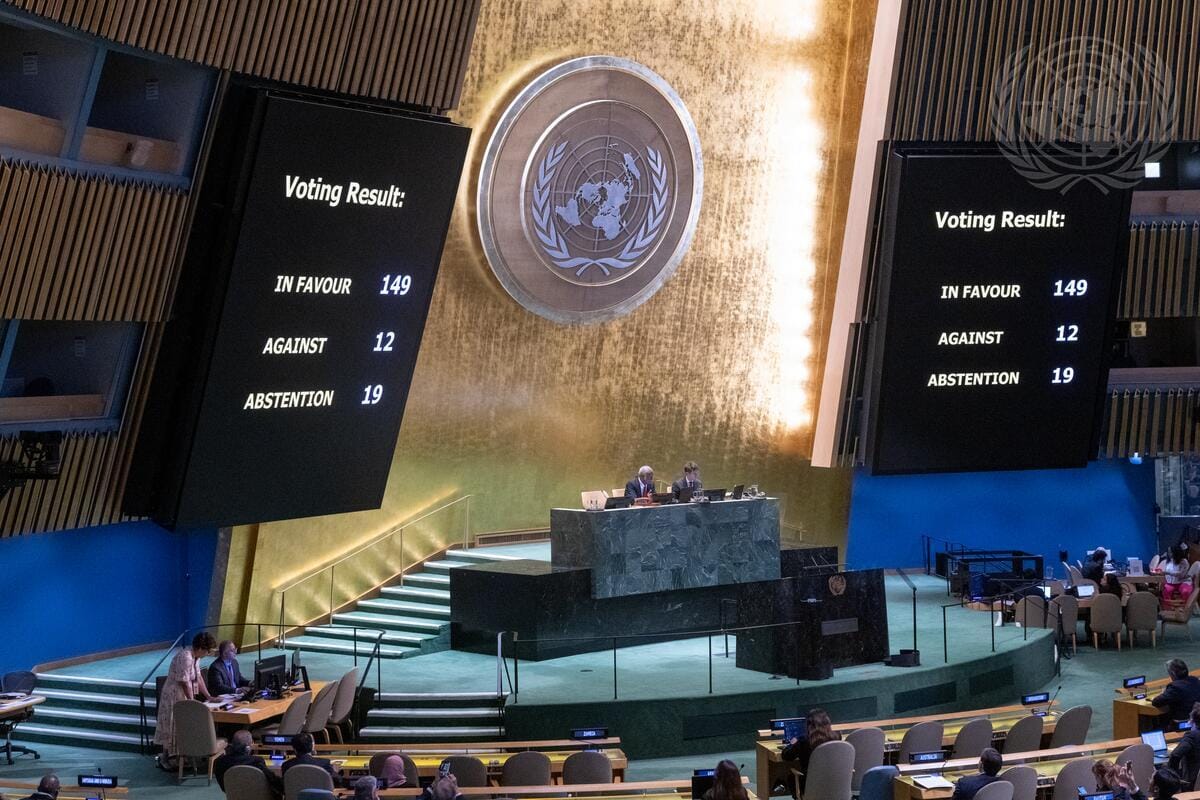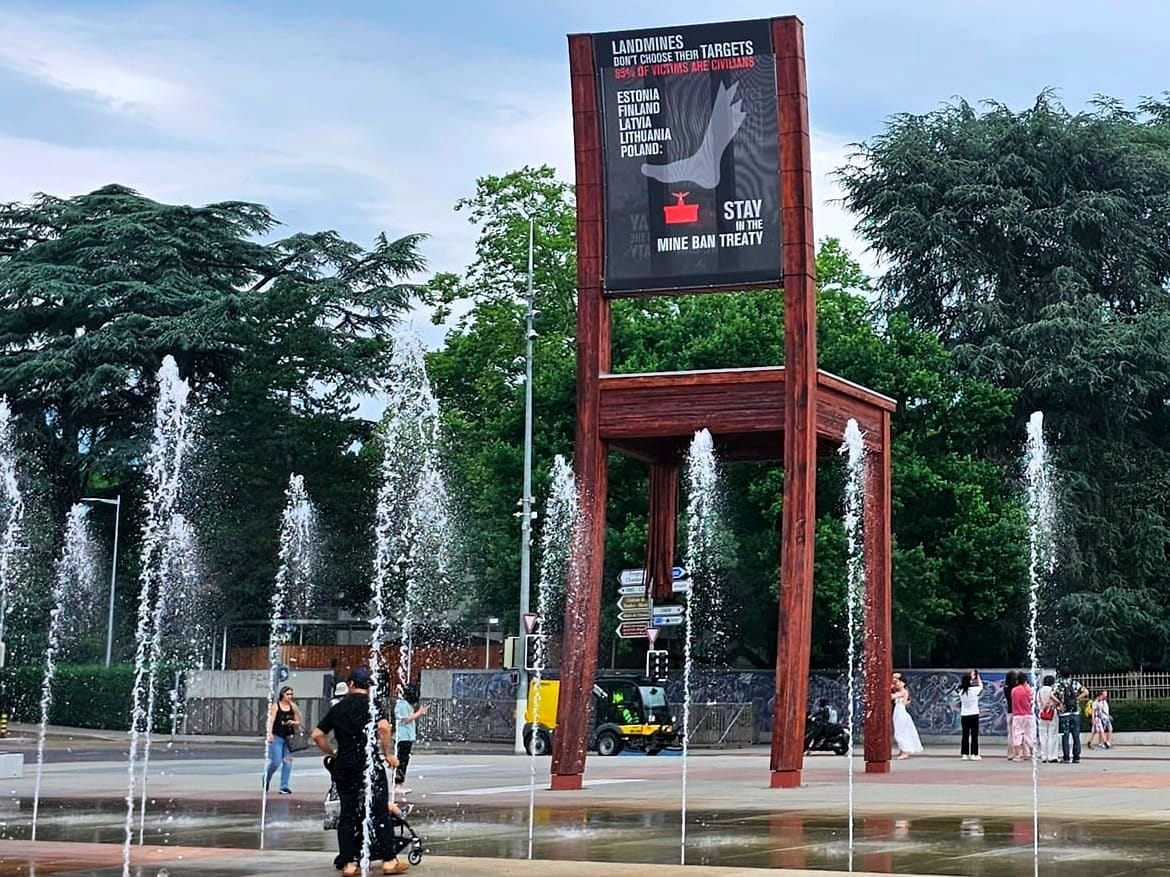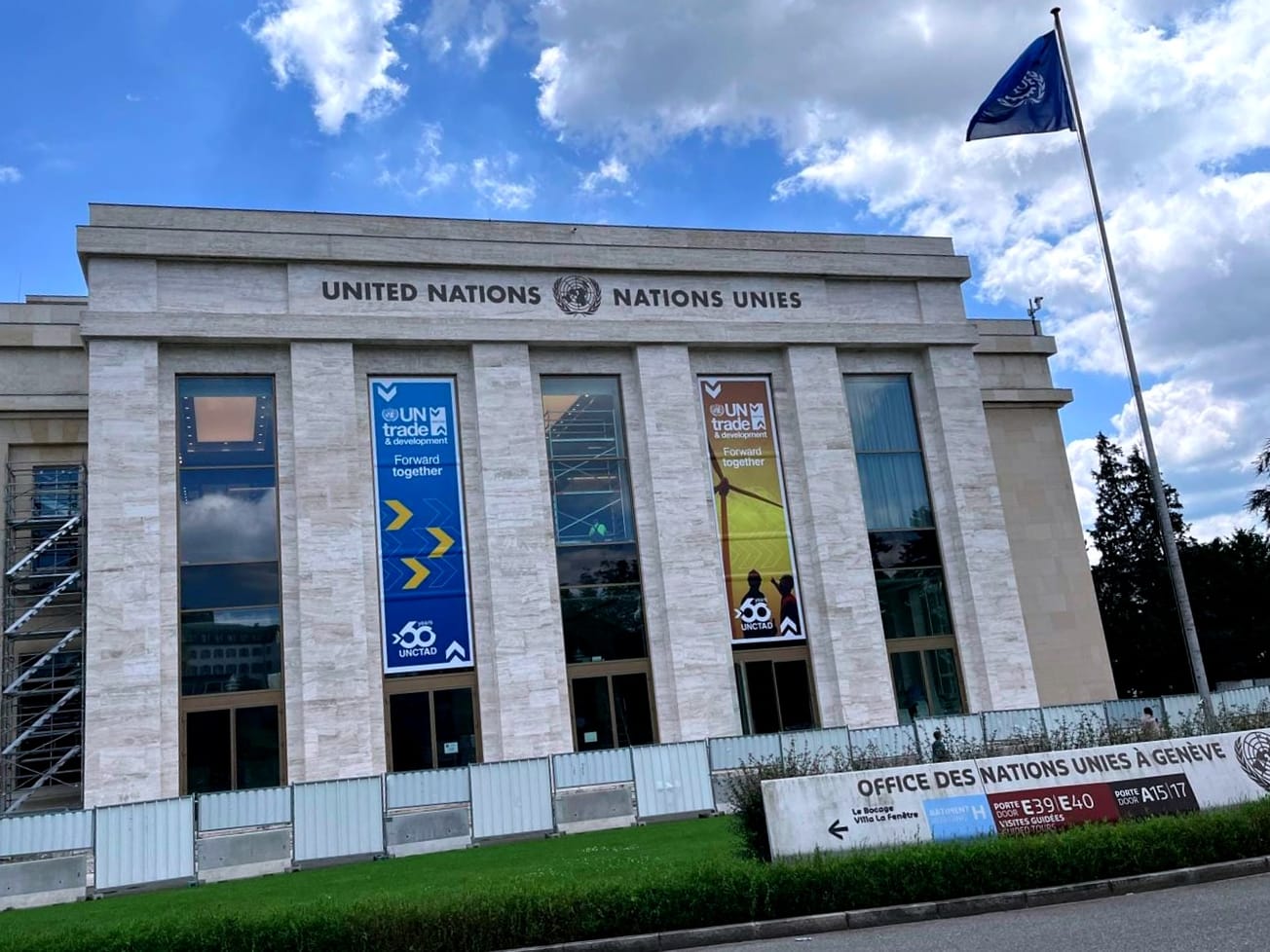Turkish diplomat Volkan Bozkir, on his first day as president of the United Nations General Assembly, cautioned on Tuesday against unilateralism in taking on the coronavirus pandemic, and called for more global cooperation to develop and distribute vaccines.
"Confronting COVID-19 through multilateralism will be the overarching theme of my presidency. This is a fight that no country can win alone," said Bozkir, a legal expert and politician who was Turkey's top envoy to the European Union.

